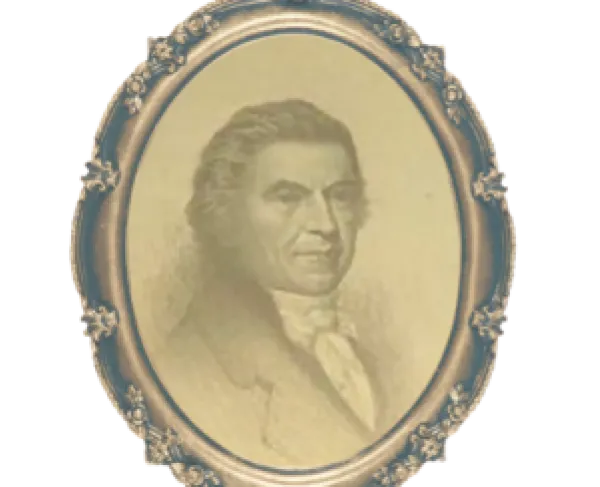Robert Newman

Robert Newman had a crucial role in passing information to American patriots outside of British-occupied Boston on the night of April 18, 1775.
Born on March 20, 1752, Robert Newman was from a prominent family in the North End of Boston. His father had been a highly successful merchant and had built a large house, but he died when his son Robert was just two years old.
Robert Newman tried to make a trade career for himself as an artisan, but the tough times limited the need for artisan work. The economy changed as the British tried to tightly control the city and eventually closed the port in response to the Boston Tea Party. In 1772, he took a job as the sexton of Christ Church, also known as the Old North Church. By 1775, the Newman family struggled to make ends meet and were forced to rent rooms in their large home to British officers.
Paul Revere—a silversmith and member of the Sons of Liberty—approached Newman. He wanted to make arrangements to send a signal by showing lighted lanterns from the steeple of Christ Church which would be clearly visible to watchers in Charlestown, across the Charles River. The minister at Christ Church was loyal to the British, so Revere asked Newman if he could access the church and show the signal, if needed. Newman was willing to help, and Revere also recruited John Pulling who attended the church and agreed to assist Newman.
Newman, Revere and Pulling coordinated the signal they would show to Charleston if British troops were leaving Boston. Revere later wrote, “that if the British went out by water, we would shew two lanthorns in the North Church steeple, and if by land, one, as a signal, for were apprehensive it would be difficult to cross the Charles River, or git over Boston neck.” Even if messengers and riders could not leave Boston, the news would be seen—if Newman and Pulling could get to the steeple with lanterns.
Described as “a man of few words,” Newman kept the secret and waited to be told if and when to show the signal. Revere casually asked him to ready lanterns on April 18, 1775, but Revere and Joseph Warren were still trying to confirm if the British would be leaving Boston by land or water. Newman waited. At home, British officers played card games in the parlor, and Newman headed to bed. In his room, he climbed out a window and hid in the garden, waiting for directions. Pulling and another trusted man, Thomas Bernard, arrived, and then Revere came, telling them to hang two lanterns. The British expedition was leaving Boston by crossing the Charles River. Revere departed, hoping to leave the city and ride into the countryside with the news.
Newman, Pulling and Bernard went to Old North Church. Leaving Bernard in the shadows as a guard, Newman and Pulling took the readied lanterns along with flint and steel to light them and climbed into the church’s tower. After lighting the lanterns, they held them in the top window of the steeple, hoping someone in Charleston would see and understand the signal. Newman and Pulling moved quickly, but as they tried to leave the church, they found British soldiers in the street. After climbing through a window, they escaped. Newman gave the church keys to Pulling who left town immediately and headed to Nantucket Island to escape and avoid questioning. (Bernard had also escaped.)
Robert Newman was arrested, and the British authorities questioned him, knowing that a signal had been shown from the church’s steeple. Newman explained he did not have the church keys, but had given them to John Pulling. When the British were unable to find Pulling or discover evidence against Newman, they released him.
The rest of Robert Newman’s life had many difficulties, but he continued to work as the church’s sexton. He married twice. Tragically, he took his own life in 1804 and was buried at Copp’s Hill Burying Ground, near Old North Church where he had helped to change history in 1775.





